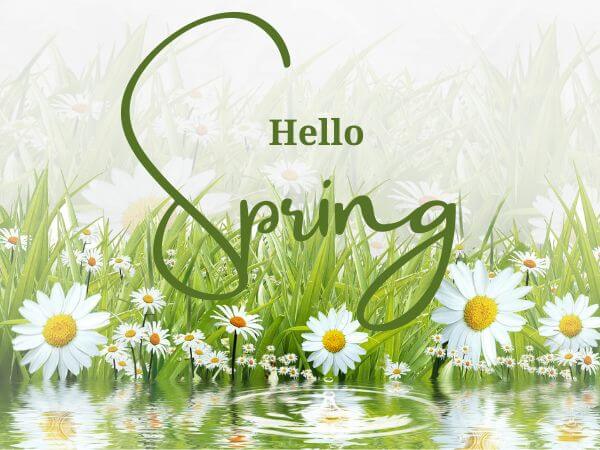
Lughnasa, also known as Lughnasadh or Lughnasad, is an ancient Celtic festival that marks the beginning of the harvest season. The festival is named after the Celtic god Lugh, the god of light and craftsmanship, and it was traditionally celebrated in Ireland, Scotland, and other Celtic regions during the first days of August.
Key elements of the Lughnasa celebration include:
Harvest Rituals – Lughnasa is primarily a harvest festival, and it involves rituals and ceremonies to honor the agricultural deities and give thanks for the bountiful crops. People would often gather at hilltops, sacred sites, or traditional locations to partake in these rituals.
Games and Competitions – Lughnasa was also a time for friendly competitions and athletic contests. Traditional sports, such as racing, horseback riding, wrestling, and feats of strength, were held to showcase physical prowess and provide entertainment for the community.
Bonfires – Bonfires held a significant role in Celtic festivals, and Lughnasa was no exception. Large communal bonfires were lit to symbolize the waning strength of the sun as the days grew shorter. People would often dance and feast around the fires, fostering a sense of community and unity.
Food and Feasting – A central aspect of Lughnasa was the feast, where the first fruits of the harvest were enjoyed. Families and communities would come together to share meals, celebrate, and give thanks for the abundance of the land.
Pilgrimages – Lughnasa was a time for pilgrimages to sacred sites and holy wells, where people sought blessings and healing for themselves and their livestock. These sites were believed to possess heightened spiritual energy during this time of year.
Pagan and Christian Influences – Like many Celtic festivals, Lughnasa underwent changes over time due to Christian influence. In some areas, Lughnasa became associated with the Christian holiday of Lammas, which also centers around the harvest and giving thanks.
It’s important to note that Lughnasa celebrations have evolved over the centuries and may vary depending on the region and the cultural influences. In modern times, efforts have been made to revive and reconstruct traditional Lughnasa celebrations, emphasizing their cultural and historical significance.


